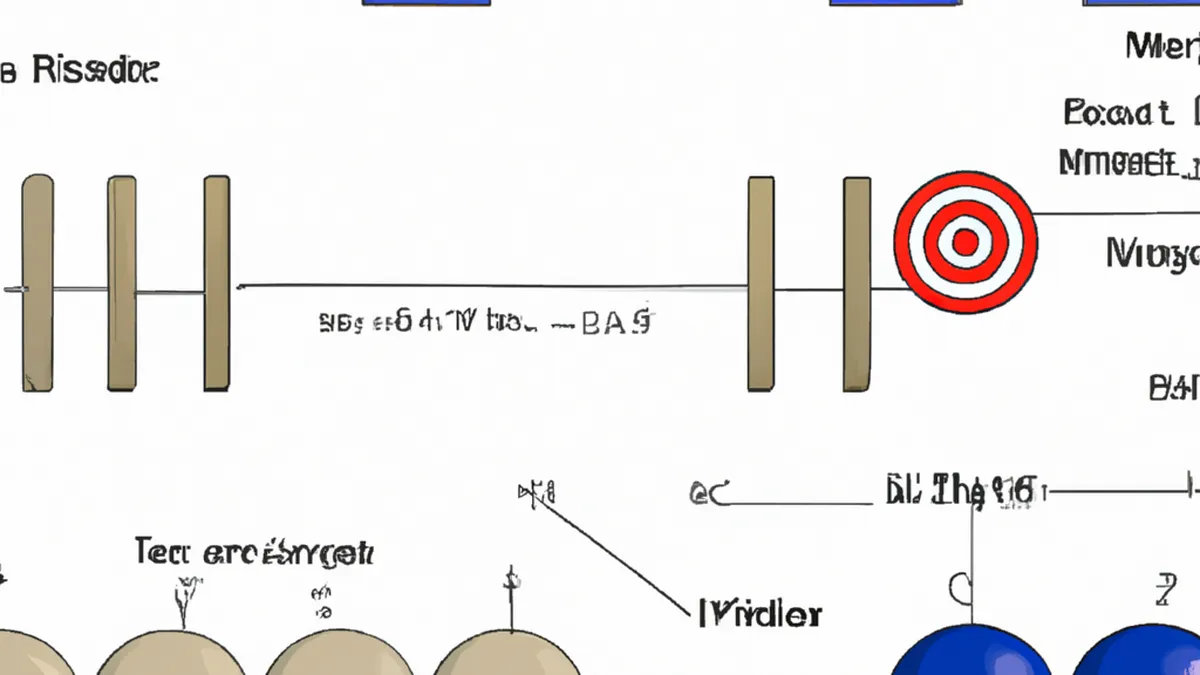Constructive Criticism: Fuel for Rugby Improvement
Understanding the Role of Feedback in Skill Development for Rugby Players
Feedback significantly enhances rugby players’ skill development. Whether you are a professional or a novice, learning to receive and apply feedback can elevate your game. This blog post explores effective feedback utilization, tips for players, strategies for coaches, and benefits of a feedback-rich environment.
The Importance of Feedback in Rugby
Feedback acts as a powerful improvement tool in rugby. Players face dynamic challenges that require quick thinking, adaptability, and teamwork. Coaches and teammates offer valuable insights that help players identify strengths and weaknesses. Constructive feedback impacts performance, enabling informed decisions and enhancements.
Furthermore, feedback promotes a culture of continuous learning. Players who embrace feedback grow and develop skills effectively. They learn to analyze their performance, identify areas for improvement, and make necessary adjustments. This growth mindset is crucial for success in rugby, balancing individual excellence with collective performance.
Tips for Receiving Feedback Effectively
Receiving feedback can feel daunting, especially in competitive rugby. However, a positive mindset helps players maximize feedback benefits. Here are actionable tips for players:
1. Stay Open-Minded
Approach feedback with an open mind. Understand that constructive criticism aims to help you improve, not attack you personally. Listen carefully and avoid defensiveness. View feedback as a growth opportunity. Acknowledge feedback and ask clarifying questions to apply it effectively.
2. Take Notes
Writing down feedback aids retention and understanding. Jot down key points during discussions with coaches or teammates. This practice allows you to review feedback later, helping you incorporate it into training. Reviewing notes before practices or games reminds you of focus areas.
3. Practice Active Reflection
After training sessions or matches, reflect on the feedback received. Consider how to implement it in future practices. Reflective practice helps internalize feedback and develop improvement plans. Ask yourself questions like, “What did I learn from this feedback?” and “How can I apply this next time?”
4. Seek Feedback Proactively
Actively seek feedback instead of waiting for it. Approach your coach or teammates for insights on specific aspects of your game. This proactive approach shows commitment to improvement and encourages open performance dialogue.
Advice for Coaches on Giving Feedback
Coaches shape players’ experiences with feedback. To maximize impact, coaches should focus on specific strategies:
1. Be Specific
Vague feedback confuses and frustrates players. Instead, provide specific examples. For instance, rather than saying…
Conclusion
In summary, effective feedback enhances skill development for rugby players. Embracing feedback fosters growth and success in the sport.
Below are related products based on this post:
FAQ
Why is feedback important for rugby players?
Feedback is crucial for rugby players as it serves as a powerful tool for improvement. It helps players identify their strengths and weaknesses, enabling them to make informed decisions and enhance their performance. By embracing feedback, players can develop a growth mindset, which is essential for both individual and collective success in the sport.
How can players effectively receive feedback?
Players can effectively receive feedback by staying open-minded, taking notes during discussions, practicing active reflection after training sessions, and proactively seeking feedback from coaches and teammates. Approaching feedback as a growth opportunity rather than a personal attack helps players maximize its benefits.
What should coaches consider when giving feedback?
Coaches should focus on providing specific, clear, and constructive feedback to avoid confusion and frustration among players. Instead of vague statements, coaches should offer concrete examples and actionable insights that players can apply to their training and performance, fostering a positive feedback culture.















Post Comment